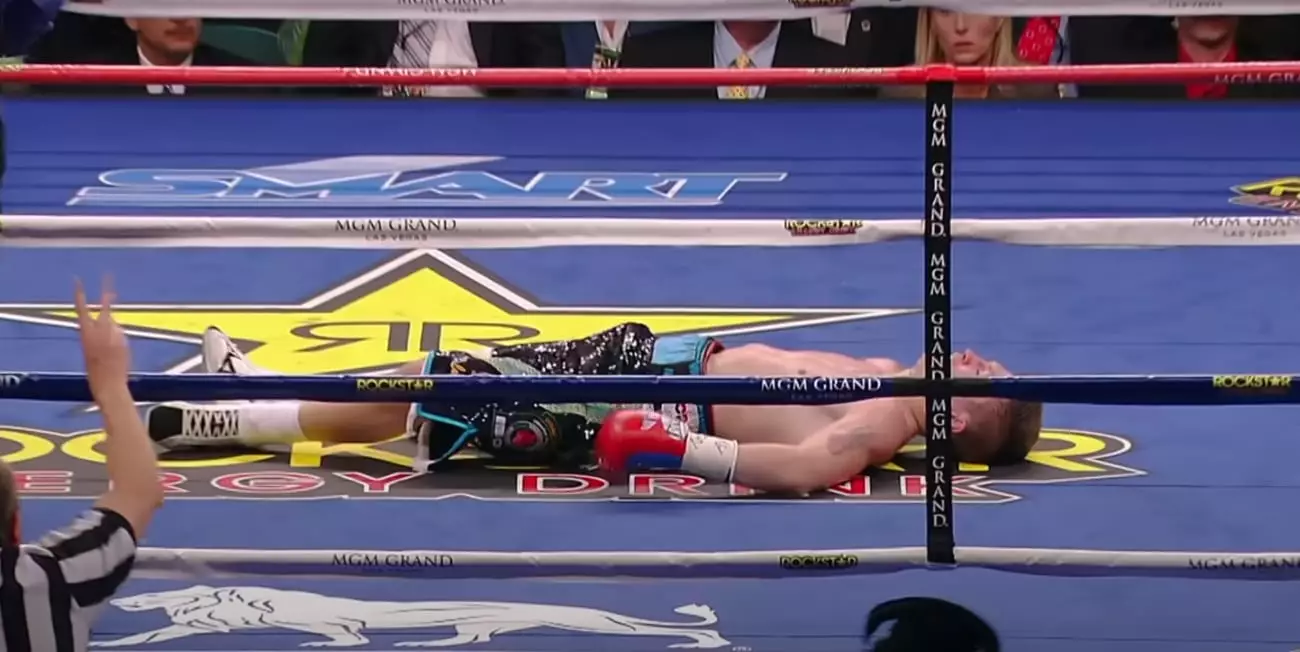In the world of boxing, few names resonate with such passion and loyalty as Ricky Hatton. Recently, this British boxing icon provided some candid thoughts on the imminent comeback of Manny Pacquiao, who is set to face WBC welterweight champion Mario Barrios in July. In a strikingly honest assessment, Hatton acknowledged doubts regarding Pacquiao’s chances against the 30-year-old Barrios. It’s a reflection that not only shows Hatton’s profound understanding of the sport but also demonstrates his concern for Pacquiao’s safety. The comparison is worth noting because Hatton himself emerged from the ring against Pacquiao in 2009, facing a devastating knockout that left deep scars both physically and mentally.
The Shadows of Defeat
What separates Hatton’s insights from mere speculation is his willingness to explore the darker side of professional boxing. In a heartfelt exchange with DAZN News, Hatton recounted the mental and emotional toll that came after his own defeat. The candidness of his admissions about suicidal thoughts and substance abuse should resonate far beyond the fanfare usually surrounding boxing bouts. Hatton’s struggles post-fight exemplify how the consequences of a loss can extend far beyond the ring, enveloping fighters in a lifecycle of despair and self-doubt.
“I fell out with my mum and dad at the time,” he revealed, emphasizing the isolation that accompanies mental turmoil. It is a stark reminder that the personas athletes project often mask profound personal battles; these are not just fighters but human beings grappling with their realities. His disclosure that he felt “he could do it [overcome his demons] himself but couldn’t” echoes the experiences of many who underestimate the importance of seeking help.
A Voice for Mental Health
Hatton’s transformation from a champion fighter to a mental health advocate offers a powerful narrative of redemption. His new purpose—to be an ambassador for mental health awareness—underscores his commitment to helping others who face similar bleak situations. Notably, his role mirrors that of fellow boxer Tyson Fury, who has similarly leveraged his platform to discuss mental health openly. The bravery exhibited by both fighters helps foster an environment where athletes can share their struggles without stigma, an incredibly important step in promoting mental well-being in sports.
Each time Hatton speaks about his past, he shatters the facade of invincibility that often surrounds successful athletes. His story provides hope that even after encountering severe lows, it is possible to rebuild a fulfilling life. While his comeback fight against Vyacheslav Senchenko in 2012 may not have resulted in victory, it represented an important chapter where the true essence of “winning” transcends belts or accolades.
Legacy Beyond the Ring
Ricky Hatton’s legacy is layered; it is steeped not only in his achievements as a champion but also in the wisdom and resilience that comes from overcoming adversity. By actively sharing his journey, he provides a clear message: failure does not define one’s worth, nor does it signal the end. Instead, it can serve as a catalyst for rebirth. For many fans and fellow fighters, Hatton’s insights provide a lifeline—a reminder that even in the sport’s most trying moments, there is a path to recovery and inner strength. Through his advocacy and the authenticity of his experiences, Hatton is not just a hero in the ring but also a beacon of hope for those navigating their own battles.

